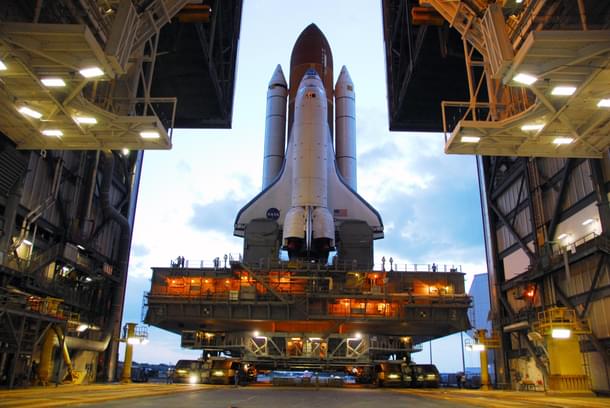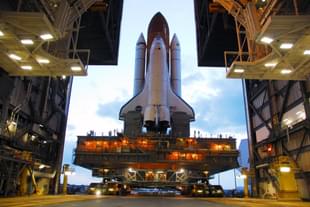Insta
NASA Allocated $19.5 Billion For 2017; To Send Human Missions To Mars By 2033
Swarajya Staff
Mar 10, 2017, 01:00 PM | Updated 01:00 PM IST
Save & read from anywhere!
Bookmark stories for easy access on any device or the Swarajya app.


For the time in nearly six and a half years, the US Congress has passed a bill to fund the National Aeronautics and Space Administration (NASA), allocating $19.5 billion to the agency for research, exploration and space operations. Among other long-term goals, the 146-page bill calls for a manned mission to Mars by the year 2033. It instructs the space organisation ‘to create a roadmap for getting humans near or on the surface of Mars in the 2030s’.
The bill stresses on the need to ‘extend humanity’s reach into deep space, including cis-lunar space, the Moon, the surface and moons of Mars, and beyond’. It allows new investments in the International Space Station (ISS) to keep it operational until 2024. The ISS can be used as a ‘jumping off point’ for missions to Mars.
Congress sends Bipartisan Cruz-Nelson NASA Transition Authorization Act to @POTUS' desk --> https://t.co/Zl2gQmwFsG pic.twitter.com/VAdJFPJtUO
— Senator Ted Cruz (@SenTedCruz) March 7, 2017
The bill also provides funds for the detailed study of Europa, Jupiter’s moon. The extraterrestrial body is believed to have water and could sustain life for long periods of time. It also calls on the space agency to continue developing the Space Launch System (SLS) and the Orion space capsule to eventually go to the moon, Mars, and beyond.
The bill also lays down rules to maintain sustained funding for the agency during times of presidential transitions. The agency’s plan to send astronauts to the surface of the moon by 2020 was cancelled when former President Barack Obama took office. “Past challenges to the continuity of such investments, particularly threats regarding the cancellation of authorised programmes with bipartisan and bicameral support, have disrupted completion of major space systems,” the bill reads.




